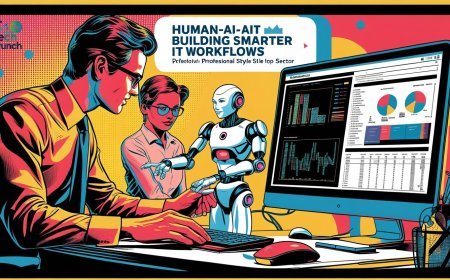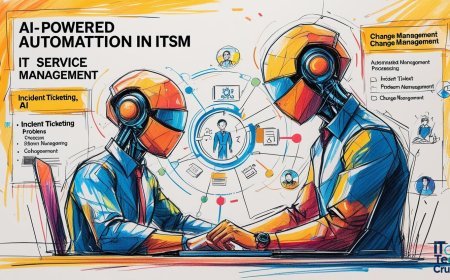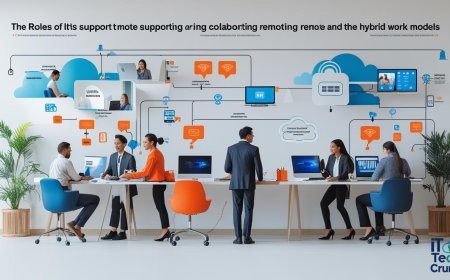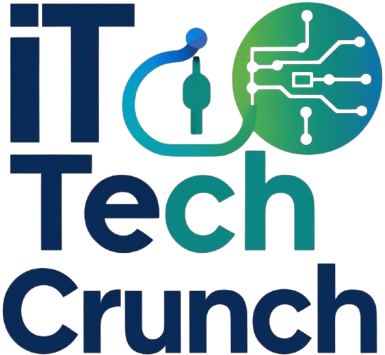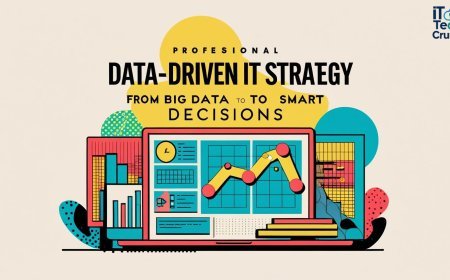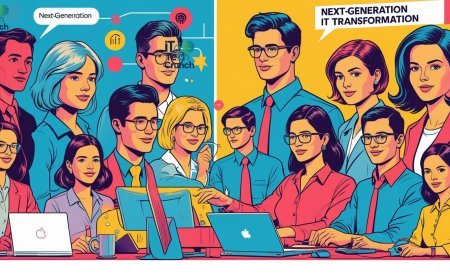The Future of Cloud-Native Technologies and DevOps Integration
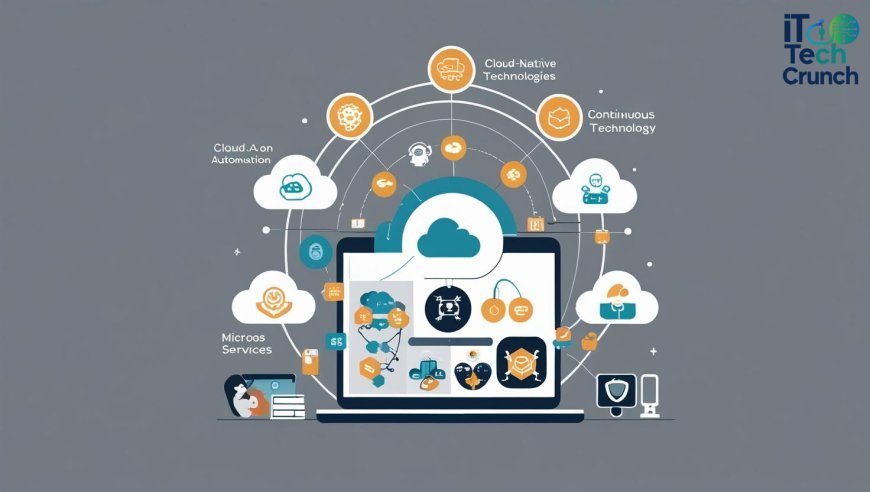
The Future of Cloud-Native Technologies and DevOps Integration
In today’s fast-paced digital world, businesses constantly seek ways to innovate quickly while maintaining reliability and scalability. Cloud-native technologies and DevOps practices have become the cornerstone of this transformation, and their integration is shaping the future of IT. This synergy is not just a trend; it’s a fundamental shift in how software is developed, deployed, and managed.
Cloud-native technologies, built specifically for cloud environments, allow applications to be more flexible, scalable, and resilient. These technologies embrace containers, microservices, serverless computing, and APIs to create systems that can adapt seamlessly to changing demands. At the same time, DevOps fosters collaboration between development and operations teams, emphasizing automation, continuous integration, and continuous delivery (CI/CD). Together, they create a powerful framework that accelerates innovation while reducing risks.
Looking ahead, the integration of cloud-native and DevOps will become even more seamless. Organizations will rely on advanced automation tools that not only deploy applications but also monitor performance, security, and user experience in real-time. This means faster feedback loops and the ability to fix issues or roll out new features without disrupting users. The traditional silos between developers and operations will dissolve further, fostering a culture of shared responsibility and continuous improvement.
Another exciting aspect is how this integration empowers teams to focus more on creativity and problem-solving rather than mundane tasks. With infrastructure as code and automated pipelines, routine work becomes predictable and repeatable, freeing human talent to innovate. This also opens doors for smaller teams and startups to compete with larger enterprises, leveling the playing field by leveraging cloud-native tools combined with agile DevOps workflows.
Security will also evolve hand-in-hand with these trends. As applications become more distributed and complex, security practices will be embedded into every stage of the development lifecycle—a concept known as DevSecOps. This proactive approach ensures that security isn’t an afterthought but a built-in feature, reducing vulnerabilities and increasing trust.
Looking forward, we can also expect more intelligent orchestration platforms that use AI and machine learning to optimize resource allocation and predict system behavior. This will help organizations manage increasingly complex cloud-native environments with ease, maintaining performance while controlling costs.
Ultimately, the future of cloud-native technologies and DevOps integration is about creating resilient, adaptable, and user-centric applications that keep pace with business demands. It’s about fostering a culture where collaboration, automation, and innovation thrive together, enabling organizations to respond swiftly to change and deliver continuous value.
This future promises not only technological advancement but a human-centered approach that values teamwork, creativity, and agility. As cloud-native and DevOps continue to evolve side by side, they will reshape how we build software-making it faster, smarter, and more aligned with the real needs of users and businesses alike.
